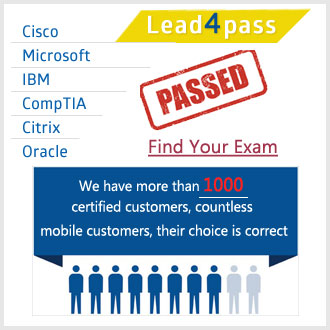How do I pass the Microsoft MCSE 70-744 exam?
Passing the first exam with Microsoft 70-744 is not an easy task!
Follow Examscode Microsoft Blog! Share the latest and most effective exam tips for free.
Examscode shares the latest exam questions and answers throughout the year.
Microsoft 70-744 exam “Securing WindowsServer 2016”.
Continue reading...
